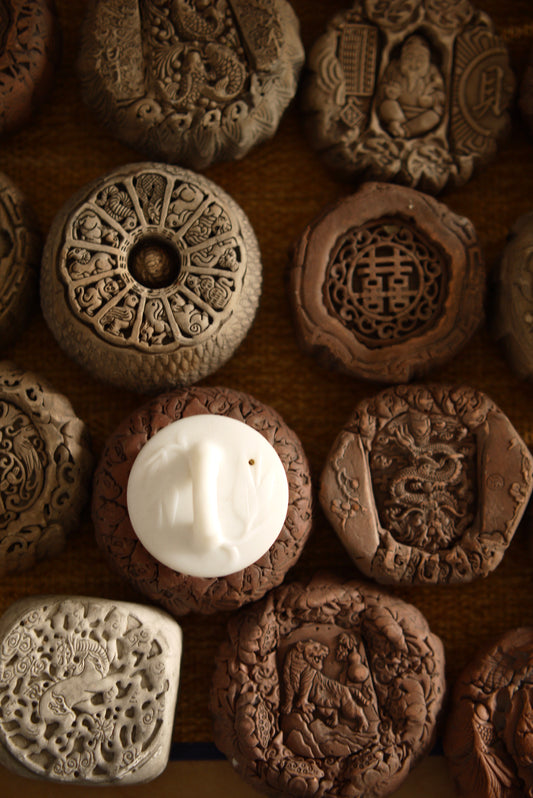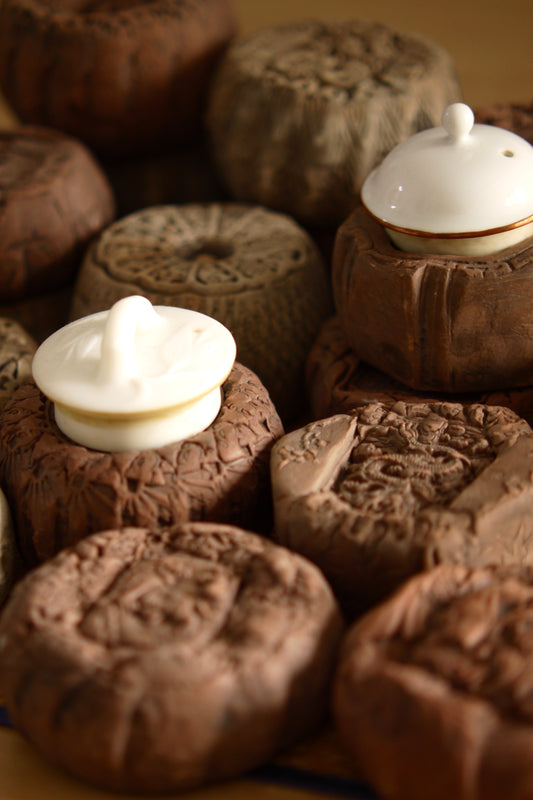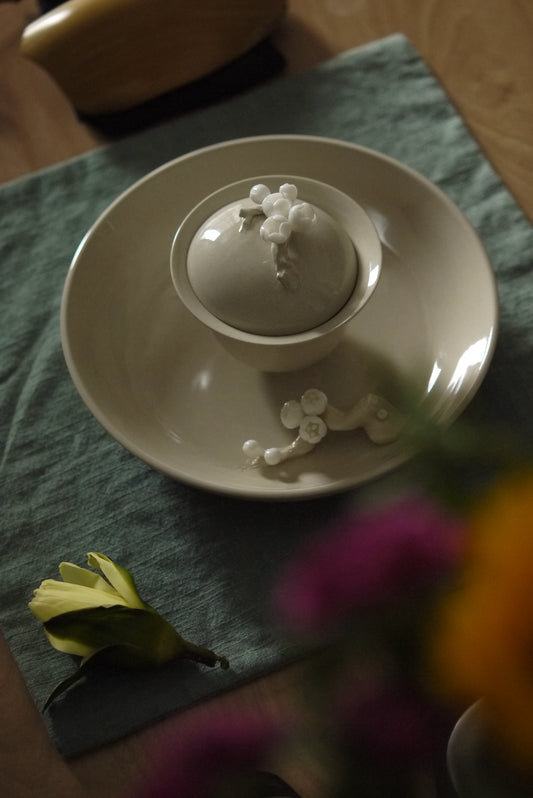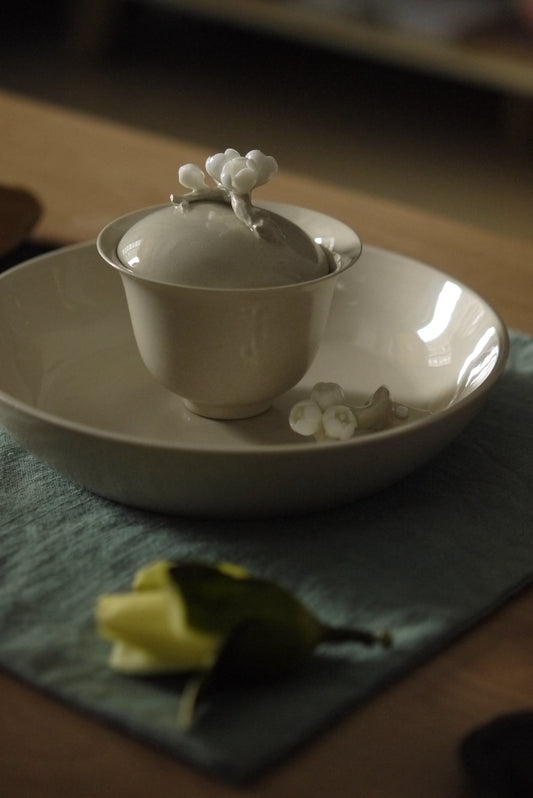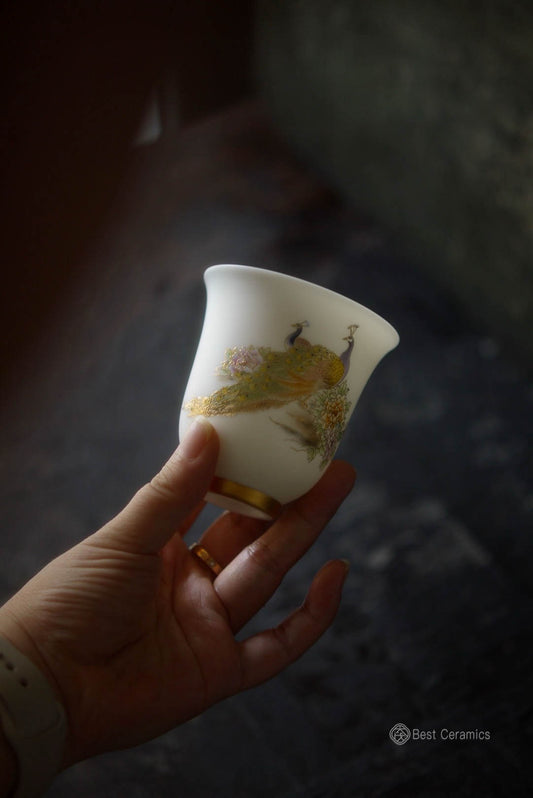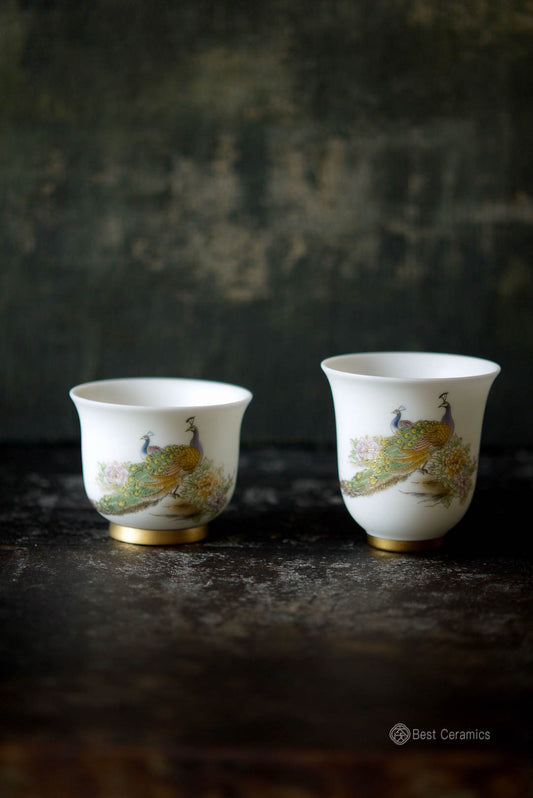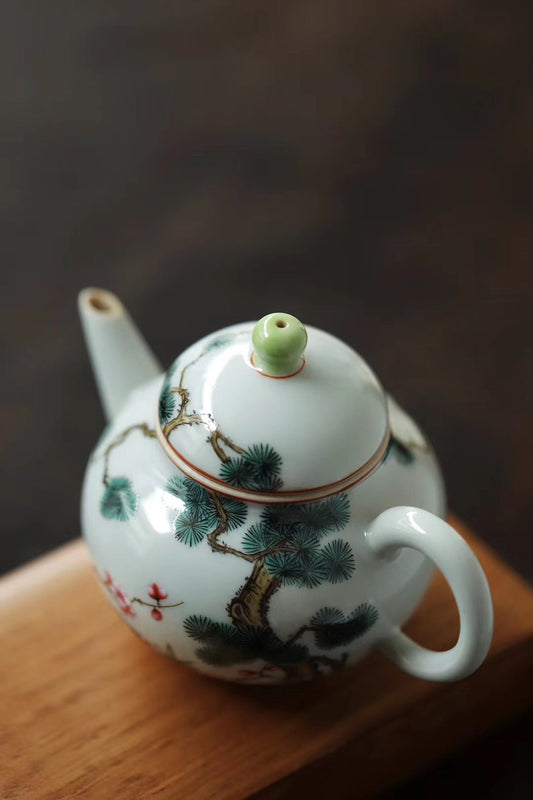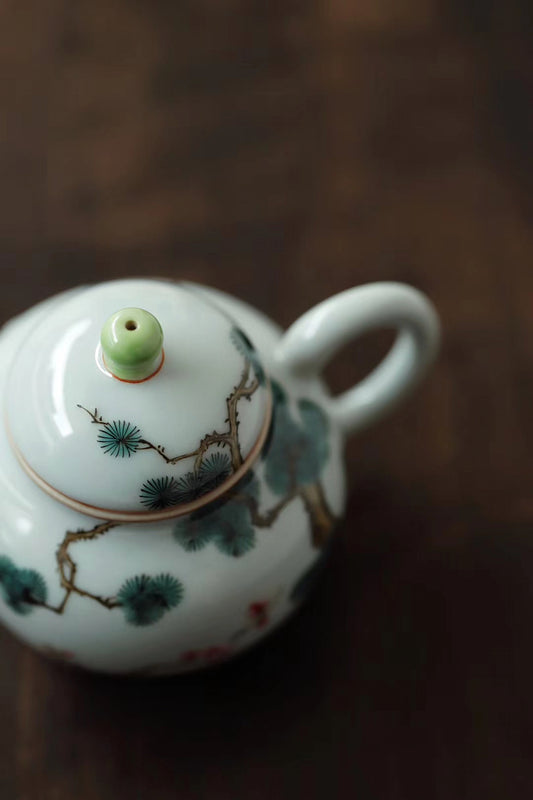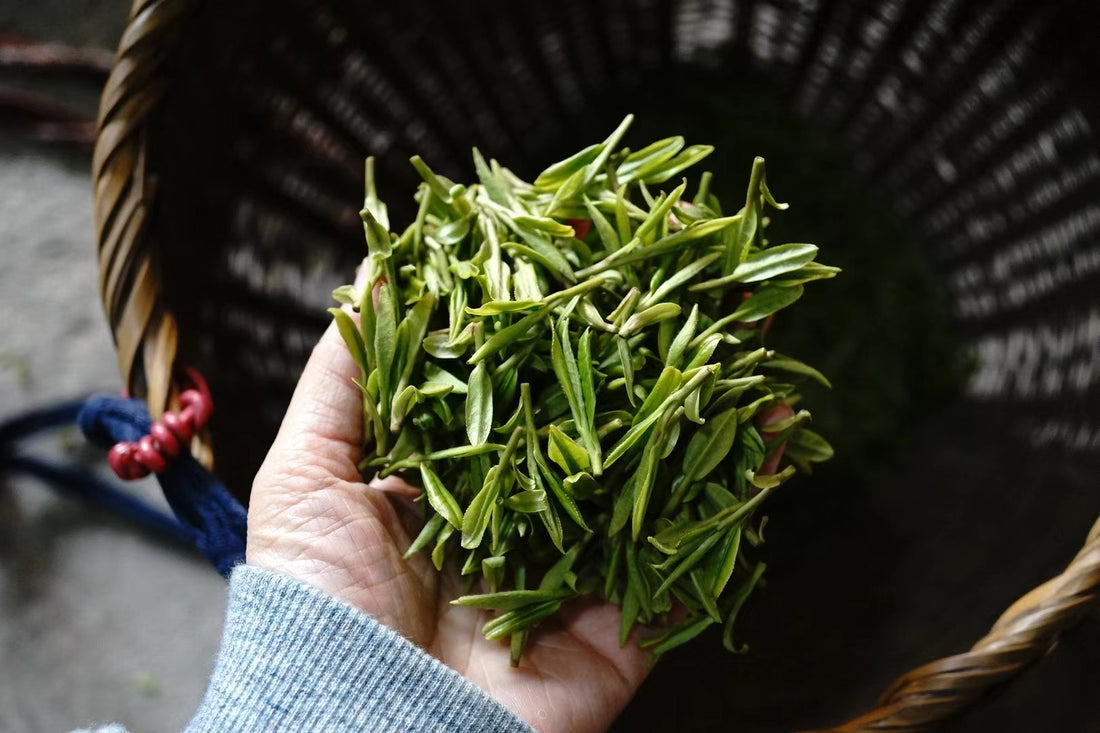
The Role of Tea in Traditional Chinese Living
YuanKevinShare
In traditional Chinese daily life, the phrase "firewood, rice, oil, salt, soy sauce, vinegar, and tea" represents the essential items needed for everyday living. These seven items cover the basic necessities of life and the primary ingredients for home cooking.
Firewood (柴) refers to fuel. Historically, people used wood and other biomass fuels for cooking and heating. In modern times, while natural gas and electricity are more commonly used, "firewood" still symbolizes the indispensable energy sources in daily life.
Rice (米) is a staple food in Chinese cuisine, especially in the southern regions. It plays a crucial role in daily meals. In the north, wheat-based foods like noodles and steamed buns are more common.
Oil (油) is essential for cooking, used not only for frying, stir-frying, and deep-frying but also to enhance the flavor and texture of dishes. Chinese cuisine places great emphasis on the color, aroma, and taste of food.
Salt (盐) is a basic seasoning and an essential mineral for the human body, used to enhance flavor and preserve food.
Soy sauce (酱) mainly refers to soy sauce and fermented products like bean paste. Soy sauce is one of the most commonly used seasonings in Chinese cooking, adding a distinctive flavor to dishes.
Vinegar (醋) is another frequently used seasoning, particularly in northern Chinese cuisine. Vinegar can freshen and tenderize food while adding complexity to its taste.
Tea (茶), beyond being a beverage, holds significant historical and cultural value in China. Its importance in daily life is multifaceted. First, serving tea is a fundamental aspect of hospitality. Whether during family gatherings or formal meetings, offering tea is considered a gesture of respect and friendliness. Second, tea contains abundant antioxidants and polyphenols that help boost metabolism, slow aging, and prevent cardiovascular diseases. Drinking tea not only quenches thirst but also provides mental enjoyment. The process of savoring tea allows individuals to relax, meditate, and appreciate the tranquility and beauty of life. Finally, tea culture has a long history, from the Tang Dynasty's Lu Yu's "The Classic of Tea" to modern tea ceremonies. Tea has become an integral part of Chinese culture, embodying history and tradition.

